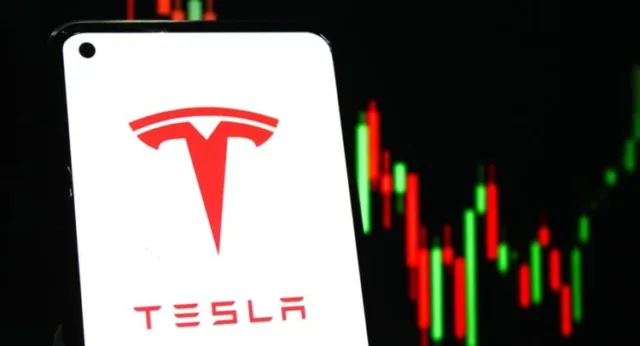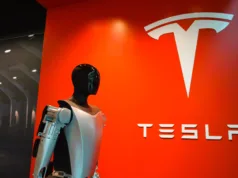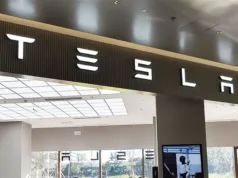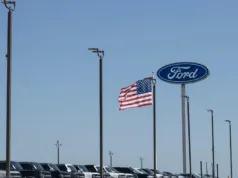Advertisement
Tesla has reportedly directed its suppliers not to use China-made components in vehicles produced in the U.S.

American electric vehicle (EV) maker Tesla (TSLA) has reportedly instructed its suppliers to stop using China-made auto parts in vehicles manufactured in the U.S., according to the Wall Street Journal. The move underscores growing fears among global automakers about escalating U.S.-China trade tensions and shifting tariff policies. Other automakers such as General Motors (GM) and Stellantis (STLA) have also issued similar directives recently.
Meet Your ETF AI Analyst
Earlier this year, CEO Elon Musk directed Tesla teams to stop using Chinese suppliers for U.S.-made EV components. The company has been gradually diversifying its supply chain toward other Asian nations and expanding domestic production capacity. These efforts support U.S. goals to boost local manufacturing and cut dependence on China, in line with broader economic and political priorities.
Tesla Seeks to Reduce China Reliance
Tesla’s shift is aimed at mitigating the risks of higher tariffs, supply chain disruptions, and potential loss of eligibility for certain EV tax credits tied to domestic sourcing. The company also claims that these shifting trade policies are creating a challenge in auto pricing. Tesla is actively pursuing alternatives by urging suppliers to shift production to regions such as Mexico and Southeast Asia, where cost competitiveness remains favorable but geopolitical exposure is lower. Meanwhile, Tesla’s China-made EVs will continue using Chinese parts, as local sourcing remains key to production efficiency and cost control in that market.
One of Tesla’s biggest hurdles is securing lithium-iron phosphate (LFP) batteries, which have traditionally been supplied by China’s Contemporary Amperex Technology (CATL) (HK:3750). However, production has recently stalled due to tariff barriers and the loss of tax credit eligibility for Chinese-made products. To address the issue, Tesla is developing domestic LFP battery production and has set up a facility in Nevada expected to start production in early 2026.
It remains to be seen how this supplier shift will impact the price and availability of Tesla’s Model 3 and Model Y in the U.S. Analysts say the move could improve supply chain stability and eligibility for tax credits but may raise costs in the short term until local production increases.
Is Tesla a Good Stock to Buy?
Analysts remain cautious about Tesla’s long-term outlook amid declining EV sales and stiff competition. On TipRanks, TSLA stock has a Hold consensus rating based on 14 Buys, 10 Holds, and 10 Sell ratings. The average Tesla price target of $382.54 implies 5.4% downside potential from current levels. Over the past year, TSLA shares have gained 19.4%.

1










